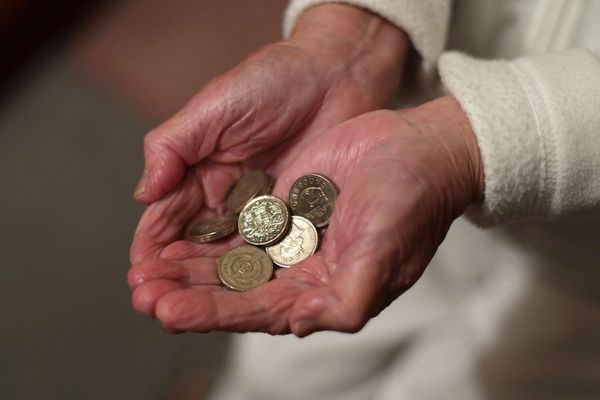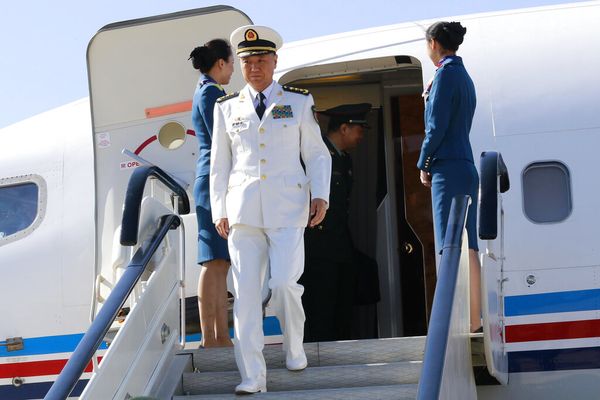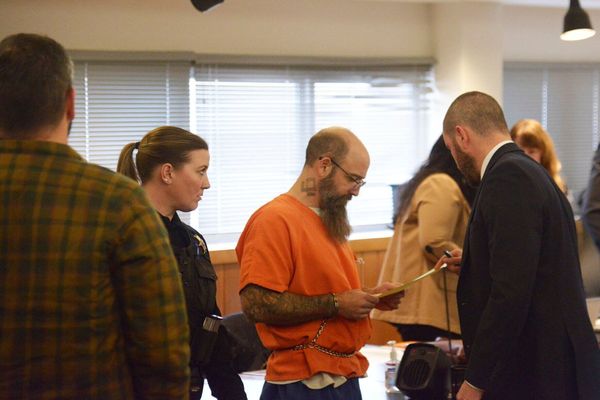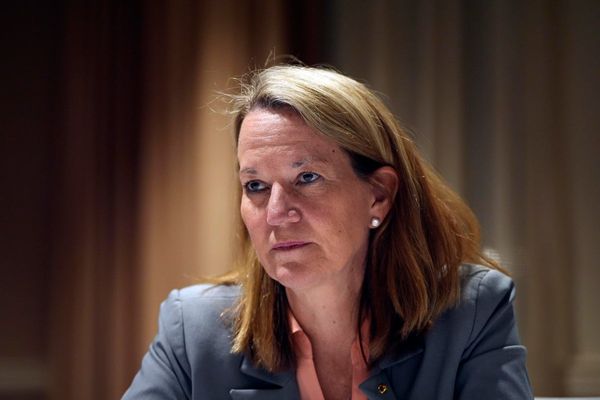
Queensland will join New South Wales in banning access to ChatGPT in state schools, though artificial intelligence experts have questioned how effective such a strategy is.
Nine newspapers revealed on Sunday morning the NSW Department of Education would ban the technology using a firewall, as concern mounts over the use of bots to cheat in assessments.
Students in NSW will be unable to access artificial intelligence applications – including ChatGPT – while at school with access restricted on student devices and school networks.
On Sunday, Queensland’s Department of Education told Guardian Australia it was also blocking ChatGPT for all students until it could be “fully assessed” for appropriateness in a school setting.
“The department will review the ChatGPT technology,” a spokesperson said.
“The department operates an internet content filtering system which continually assesses online content and it blocks content that may be a risk to students.”
Victoria’s Department of Education has however declined to bring in a ban. A spokesperson said it was continuing to monitor the capabilities of AI and would “consider any appropriate actions as required”.
Megan Kelly, the NSW Department of Education’s acting deputy secretary for learning improvement, said the state’s ban would come into effect later this month when students returned to school and remain in place while it reviewed how to “safely and appropriately” use emerging technology in the classroom.
Staff would continue to have access to the technology.
“We have made this decision as the Terms of Use for ChatGPT require users to be 18 years old or over,” she said. “More importantly, there are a lack of reliable safeguards preventing these tools exposing students to potentially explicit and harmful content.”
ChatGPT, which generates text on any subject in response to a prompt or query, has caused alarm over potential misuse for its ability to compose human-like responses that evade plagiarism detection, as well as enthusiasm for its potential to help some students.
A similar ban has already been implemented in New York public schools due to concerns over its “negative impact on student learning”, while some Australian universities are moving to address the emergence of ChatGPT by returning to pen and paper assessments with more in-person supervision.
Not all schools are resistant to the technology.
Sydney Catholic Schools told Nine they wouldn’t impose a ban, and the Islamic College of Brisbane announced on Saturday it would revise this year’s curriculum to allow ChatGPT to become a teaching aid.
The school’s chief executive Ali Kadri told the Courier Mail the technology had the possibility to “unlock student creativity, offer personalised tutoring, and better prepare students to work alongside AI systems as adults”.
Charles Darwin University artificial intelligence expert Dr Stefan Popenici said placing a blanket ban on artificial technology was the “worst kind of reaction” and failed to recognise the opportunity the platforms posed.
He said it was “very naive” to think it would be possible to impose restrictions on internet platforms, particularly with Microsoft primed to integrate AI into its search engine, Bing.
“Are you going to ban Google and Bing?” he said. “It’s unrealistic and hard for me to understand this logic … it’s a way of thinking about education that is obsolete and completely unsuitable.
“It’s out of the bottle, it’s with us, we’re going to have more AI applications. Rather than banning it we should use it to our advantage.”
Popenici said the panic that had erupted across the education sector since the release of ChatGPT in November displayed a “lack of vision” of institutions and departments.
“We have something that’s going to really change education as we know it and we’re going back to pen and paper, bow and arrows, it’s very sad, and it’s not going to work,” he said.
“This is the perfect opportunity to rethink our assessments, to use many forms suitable for what you want to measure. There are huge challenges, we need education to be able to find answers.”







